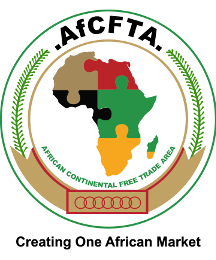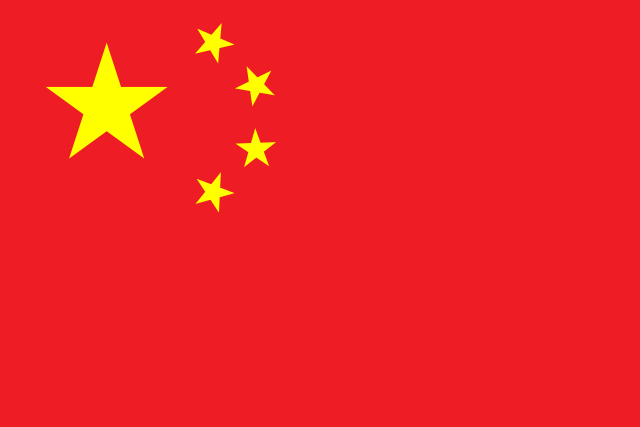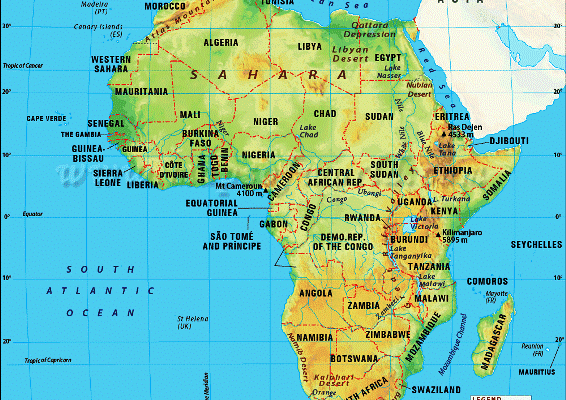A single Africa passport and free visa will ensure success of the Africa Continental Free Trade Area (AfCFTA) agreement.
These were the advise of the Nigeria-South Africa Chamber of Commerce (NSACC) recently in Lagos, during the chamber’s September Breakfast Forum, with the theme: `Perspectives on the Africa Continental Free Trade Area in Relation to Nigeria’.
According to its President, Mr Osayande Giwa-Osagie that the AfCFTA would boost intra-African trade by 22 per cent, adding that its implementation would impact positively on the Nigerian economy.
AfCFTA is a single continental market for free flow of goods, services and capital, supported by the free movement of persons across Africa.
He however said Nigeria must diversify its economy in order to harness the gains of the agreement.
“Current intra-African trade rated at 15 to 17 per cent is low and the AfCFTA is expected to boost intra-African by 22 per cent.
“Challenges to its implementation are lack of infrastructure, political instability and lack of economic diversification.
“This gives rise to the need for Nigeria to diversify its economy to harness the gains of the agreement.
“Given the importance of free movement of people , there is need for a free visa Africa and a single Africa passport.
“While the implementation would help boost the Nigerian economy, impact would be limited if there are no free movement of people,” he said.
Mr Jesuseun Fatoyinbo, Head, Trade and Transactional Services, Stanbic IBTC Bank, said the business community needed more clarification on tariff reduction or elimination under the agreement.
According to him, the little information available to corporate organisations with regards to tariffs, may lead to hold back on investments.
“We have noted increased interests from global multinationals and other corporates in setting up facilities in Africa aimed at serving the continent and exporting abroad.
“So more transparency around tariff reductions both in terms of timelines and details of goods could prompt companies to act,” he said.
Fatoyinbo also called for more attention to the digitisation of trade processes across the continent.
“Currently, trade in Africa is largely reliant on physical documentation and this is a major impediment.
“Policymakers need to prioritize regulatory amendments that allows for the digital signatures, digital certificate of origin, digital bills of lading, and other documentation,” he said.














